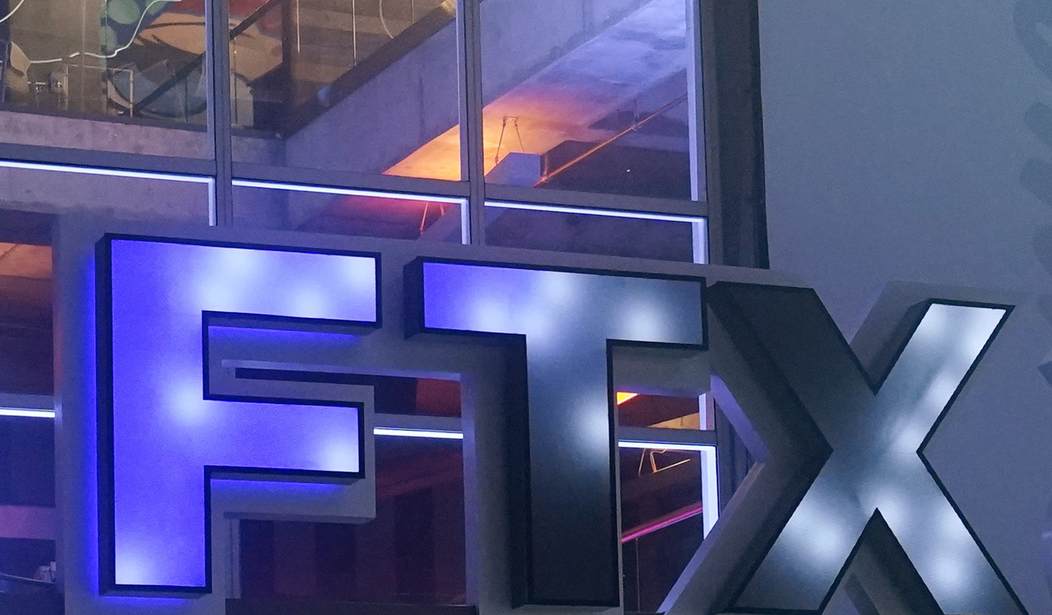One of the many questions surrounding Sam Bankman-Fried and the billions of dollars he sent up in smoke at FTX is the identity of the people who cosigned his hundreds of millions of dollars in bail bonds. Making bail allowed SBF to hole up in his parents’ mansion under house arrest rather than sitting in jail. His parents cosigned for $250 million, but two other anonymous figures guaranteed the other $700 million. A lawsuit was brought by several media outlets seeking the public release of their identities. Yesterday, a U.S. District Judge in Manhattan ruled that the names should be made public. But he then placed his own ruling on hold pending an expected appeal. So it’s going to be at least a couple of months before we learn their identities, assuming we ever do. (Reuters)
A U.S. judge on Monday said the names of two people who helped guarantee bail for indicted FTX cryptocurrency exchange founder Sam Bankman-Fried should be made public, but put his ruling on hold pending an expected appeal.
U.S. District Judge Lewis Kaplan in Manhattan ruled in favor of several media outlets including Reuters that sought the names.
The judge said that while the public had only a “weak” right to know who Bankman-Fried’s guarantors were, it outweighed Bankman-Fried’s arguments for confidentiality, including that the guarantors’ safety could be imperiled.
I was a bit surprised to see the judge rule in favor of the plaintiffs here, even if he only described the public’s right to the information as being “weak.” Bail bond certificates are technically public records, but they only have to include the name of the company posting the bond, the name of the accused, and the amount of the bail. Personal information about the people guaranteeing the bond is not required to be published and is generally shielded under the code of ethics governing bail bond companies.
Also, as much as I would like to know who put their names on the line for SBF, posting bail for a suspect is not a crime. As such, treating the guarantors as “public figures” really seems inappropriate.
Of course, none of this means that it wouldn’t be interesting to know the identities of the two people in question. I suppose it’s possible that SBF has some wealthy relatives who decided to help spring him based on familial loyalty, in which case the story is mostly a nothingburger. But it would be quite different if they turned out to be influential political or industry figures who accepted great sums of cash from him and now don’t want people chattering about where the money went. The second possibility seems far more likely to me.
SBF’s attorneys are trying to argue that exposing the identities of the guarantors could “imperil” them or at least leave them open to harassment. While that might be possible (at least in theory) we generally don’t tend to shield information based on a fear that someone else might commit a crime in response. On top of that, we’re talking about a case that will very likely be recorded as the most massive instance of financial fraud in the history of the world. The public does have a right to know what’s going on. Whether or not that right extends to the identity of the guarantors will be up to the courts to decide.








Join the conversation as a VIP Member